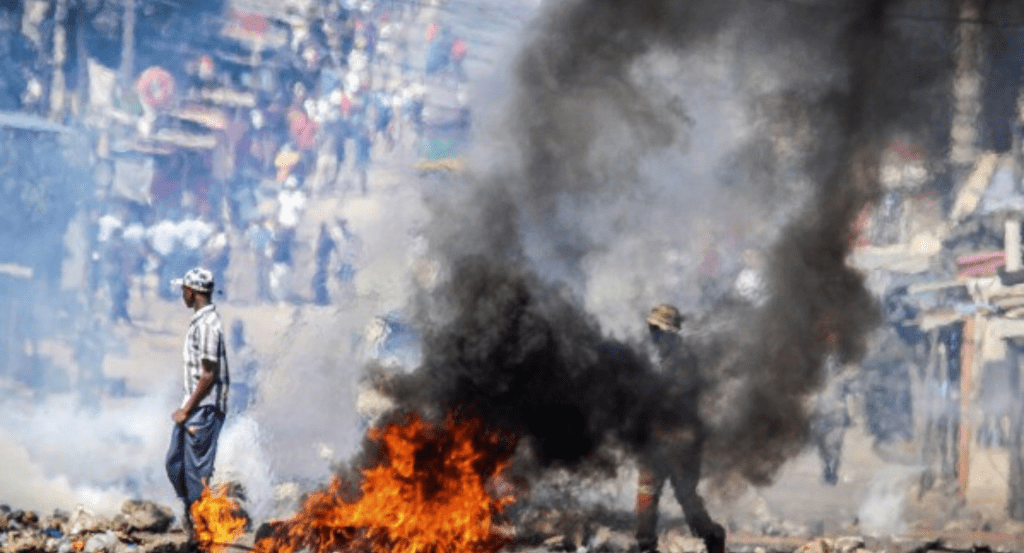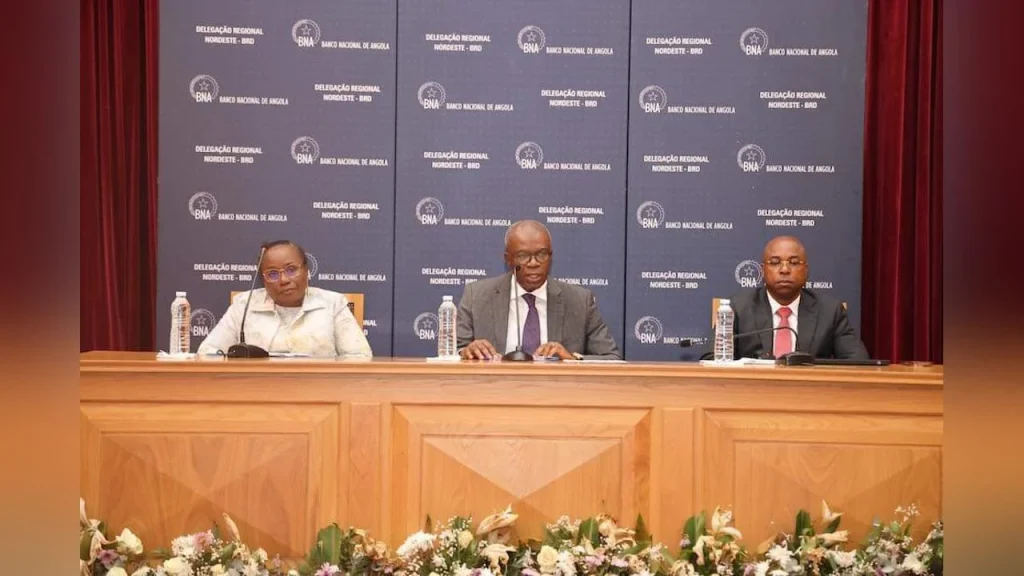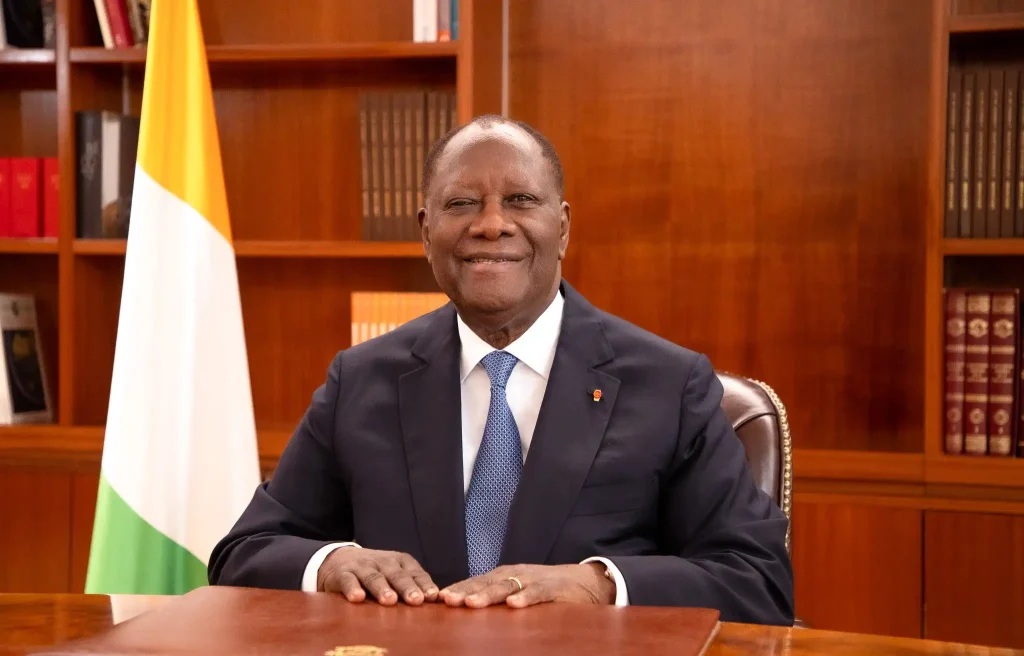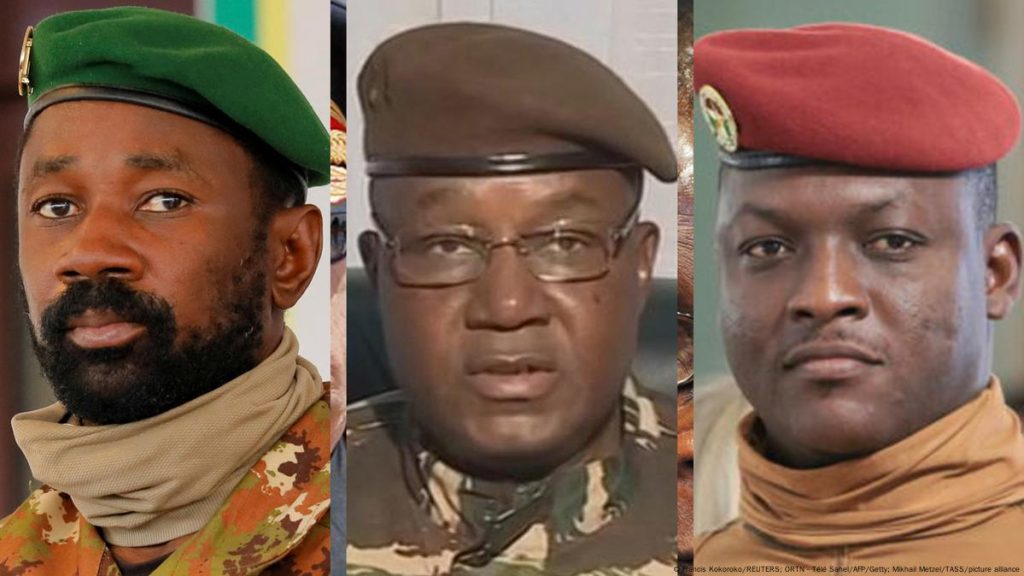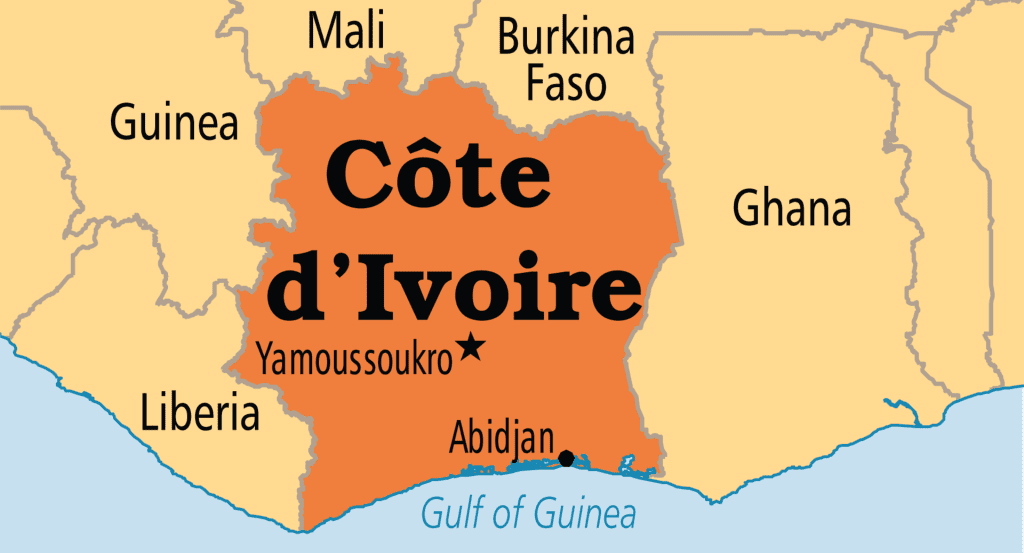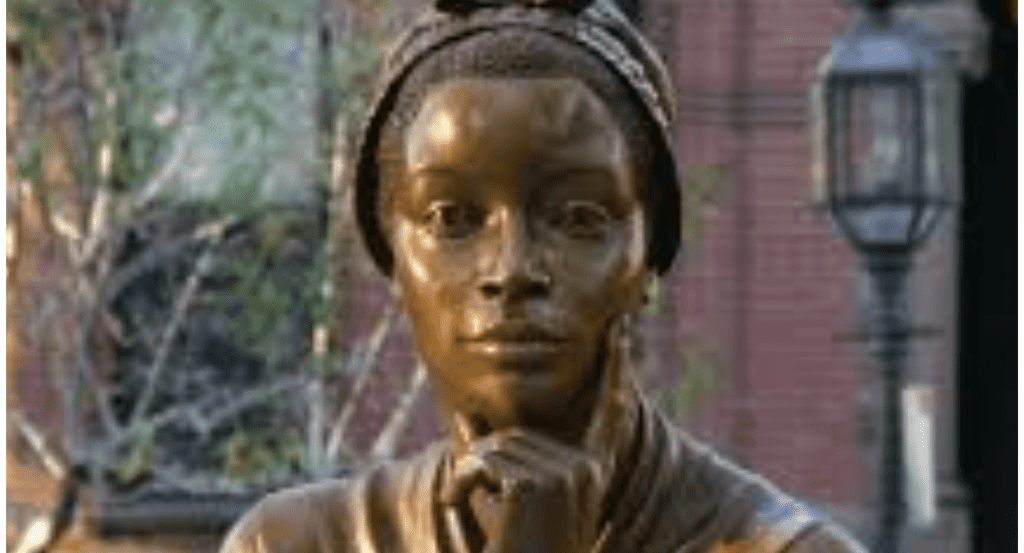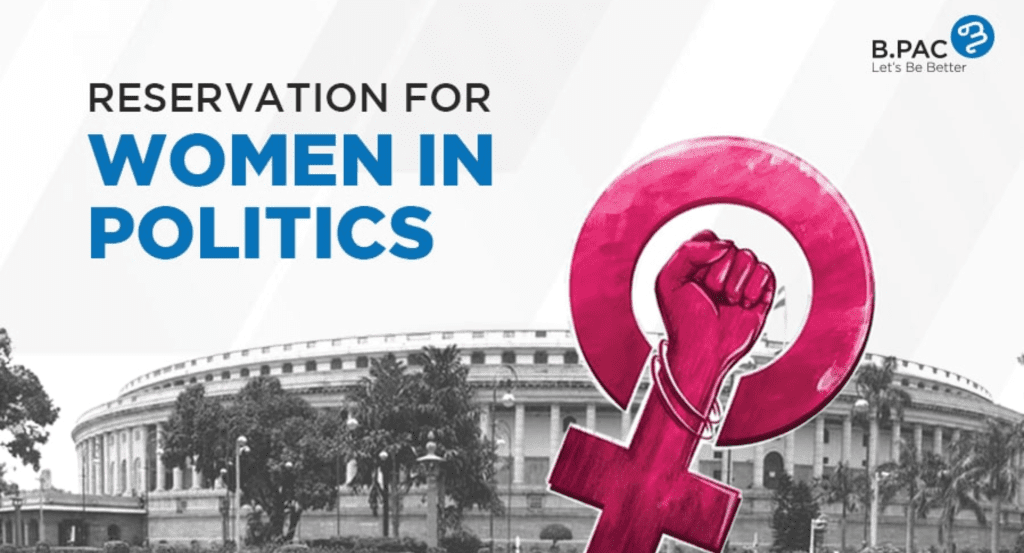Mozambique faces mounting tensions following the recent presidential election, with violent protests erupting in multiple regions as citizens express dissatisfaction with the election results. President Filipe Nyusi addressed the nation on November 5, urging an end to the unrest and calling for calm amid escalating violence. The protests have not only disrupted daily life in Mozambique but have also led to heightened border security measures in neighboring South Africa, which recently closed its main border crossing with Mozambique to prevent spillover effects.
These protests follow claims of irregularities in the electoral process, with opposition supporters questioning the legitimacy of the results. Allegations of vote tampering and manipulation have fueled public anger, leading to demonstrations across key Mozambican cities. Clashes between protestors and law enforcement have resulted in injuries and, tragically, multiple fatalities, intensifying demands for a review of the electoral outcome.
President Nyusi’s Call for Unity and Restraint
In his national address, President Nyusi appealed for restraint, acknowledging citizens’ right to voice their grievances but condemning violence as a means to do so. He reassured the public that their concerns were being taken seriously, and that the government would work to address any alleged issues within the election process. Nyusi emphasized the importance of maintaining peace, noting that continued violence would only deepen Mozambique’s socio-political divides and hinder progress.
“Our nation has come a long way, and we must not allow disagreements over the election to pull us backward,” Nyusi stated. He further urged citizens to pursue peaceful means in seeking justice, adding that the government is open to dialogue and is committed to ensuring a fair and transparent resolution to these disputes.
International Reactions and Border Closures
The unrest in Mozambique has prompted reactions from regional partners, including South Africa, which shares a porous border with the country. In light of the escalating protests, South African authorities have temporarily closed the Ressano Garcia border post, a major crossing point for goods and people. This move aims to prevent any overflow of violence into South Africa and ensure the safety of South African nationals and businesses operating near the border.
The African Union and Southern African Development Community (SADC) have both expressed concern over the rising instability in Mozambique. Diplomatic efforts are reportedly underway to facilitate discussions between Mozambique’s ruling party and opposition leaders to address public grievances and mitigate further unrest. Regional bodies stress the need for transparency in election processes and call for the respect of democratic principles as a foundation for stability in Mozambique and the broader region.
Root Causes of Public Discontent
The current wave of protests is symptomatic of longstanding frustrations within Mozambique, where economic challenges and perceived governance issues have strained relations between the public and the ruling government. Many Mozambicans feel disillusioned with the pace of national development and improvements in living standards. The disputed election results have ignited these underlying frustrations, with citizens calling for greater accountability and inclusivity in governance.
Opposition leaders argue that the recent election was marred by irregularities, including incidents of alleged vote tampering, which they claim undermines the democratic process. They have called for an independent review of the election to address concerns and restore public confidence in the government. Analysts point out that such unrest can destabilize Mozambique’s fragile political landscape if immediate steps are not taken to rebuild trust.
A Call for Peaceful Resolution and Long-Term Stability
While Mozambique’s government navigates these challenging times, it faces a critical test in addressing citizens’ demands without further exacerbating the conflict. The opposition has voiced its commitment to seeking peaceful solutions, although it maintains that an electoral review is necessary. Meanwhile, citizens remain hopeful for a resolution that respects their voices and upholds democratic standards.
The international community has called for dialogue between Mozambique’s government and opposition to ensure a peaceful and fair resolution. Observers warn that unresolved tensions could have broader implications for Mozambique’s stability and development goals. President Nyusi’s appeal for peace and dialogue reflects a cautious approach, aimed at averting further violence and fostering unity in a divided nation.
As Mozambique stands at a crossroads, the path to peace will depend on how effectively its leaders can bridge divides and reassure a frustrated public. A transparent review process may help restore trust, and the country’s leaders must prioritize inclusive governance to address deep-rooted issues that go beyond the recent elections.


